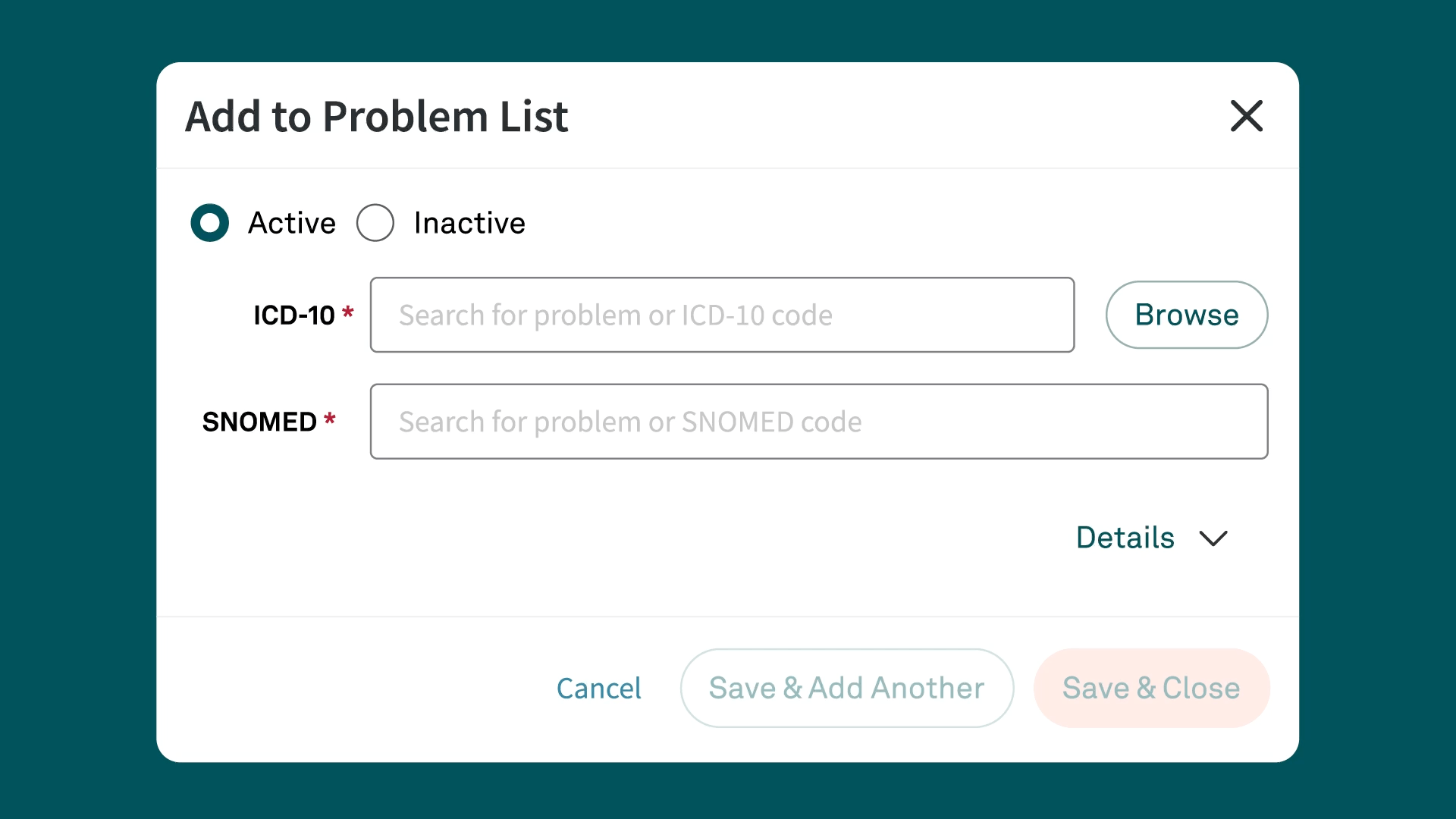ICD-10 Code F33.2
Major depressive disorder, recurrent, severe without psychotic features
What is the code F33.2?
F33.2 is a billable/specific ICD-10-CM code used to indicate a diagnosis of "major depressive disorder, recurrent, severe without psychotic features." This code is part of the broader chapter covering mental, behavioral, and neurodevelopmental disorders (F01–F99), specifically within category F33 Major depressive disorder, recurrent. Use this code for clinical documentation and billing purposes.
Detailed description of F33.2
The diagnosis with F33.2 reflects a severe intensity of major depressive disorder that recurs over time without accompanying psychotic symptoms such as delusions or hallucinations. This classification underscores the significant impairment caused by the depression, affecting the patient's ability to function in daily life, yet distinguishing it from forms that involve psychosis.
Symptoms commonly associated with F33.2
Individuals diagnosed with F33.2 experience a range of severe symptoms that significantly impede daily functioning and quality of life, including:
- Persistent sadness or a depressed mood most of the day, nearly every day
- Marked loss of interest or pleasure in all, or almost all, activities
- Significant weight loss or gain, or decrease or increase in appetite
- Insomnia or hypersomnia nearly every day
- Psychomotor agitation or retardation
- Fatigue or loss of energy
- Feelings of worthlessness or excessive or inappropriate guilt
- Diminished ability to think or concentrate, or indecisiveness
- Recurrent thoughts of death, recurrent suicidal ideation without a specific plan, or a suicide attempt
Related and similar ICD-10-CM codes
Other related ICD-10-CM codes include:
- F33.0 (Major depressive disorder, recurrent, mild)
- F33.1 (Major depressive disorder, recurrent, moderate)
- F33.3 (Major depressive disorder, recurrent, severe with psychotic symptoms)
These codes indicate different levels of severity and the presence or absence of psychotic features in recurrent major depressive disorder.
Appropriate usage of F33.2 for billing
F33.2 should be employed for billing purposes when a provider lists in their assessment that a patient has been diagnosed with recurrent major depressive disorder at a severe level without any psychotic features.
Instructional guidelines for physicians/providers coding F33.2
It is a best practice to properly document and diagnose this to justify the use of this code, reflecting the severe impairment and the recurrent nature of the condition. However, you can still code without this documentation.
Category F33, Major depressive disorder, recurrent, has an "excludes 1" note for "bipolar disorder (F31-).” When both bipolar disorder and major depressive disorder, recurrent moderate, have been diagnosed, assign only the code for bipolar disorder (F31-). A code for major depression would not be reported separately.
Common pitfalls in coding with F33.2
- Misclassifying the severity of depression, particularly failing to distinguish between severe depression with and without psychotic features.
- Inadequate documentation of the recurrent nature and severity of the episodes, which are necessary to justify the use of F33.2.
Key resources for F33.2 coding
- CMS ICD-10 Homepage: Provides updates, resources, and guidelines for accurate ICD-10 coding.
- WHO ICD-10 Online Browser: Helpful for checking specific criteria and details for each ICD-10 code.
Conclusion
The ICD-10-CM code F33.2 is used for accurately documenting cases of major depressive disorder that are recurrent and severe without psychotic features. Using this code facilitates appropriate clinical management, ensuring that patients receive the necessary care and support while also supporting accurate billing and healthcare documentation.
Simplify ICD-10 code documentation with Tebra
Tebra’s EHR+ gives you quick searches and Systematized Nomenclature of Medicine (SNOMED) field names for efficient code documentation. Plus, Tebra automatically saves ICD-10 to SNOMED mapping for future searches, streamlining your workflow.

Discover how Tebra helps providers effortlessly document health-related issues and conditions in this detailed post.
Similar Codes
Stay Ahead with Expert Healthcare & Billing Insights
Get the latest industry updates, financial tips, and expert strategies — delivered straight to your inbox.
